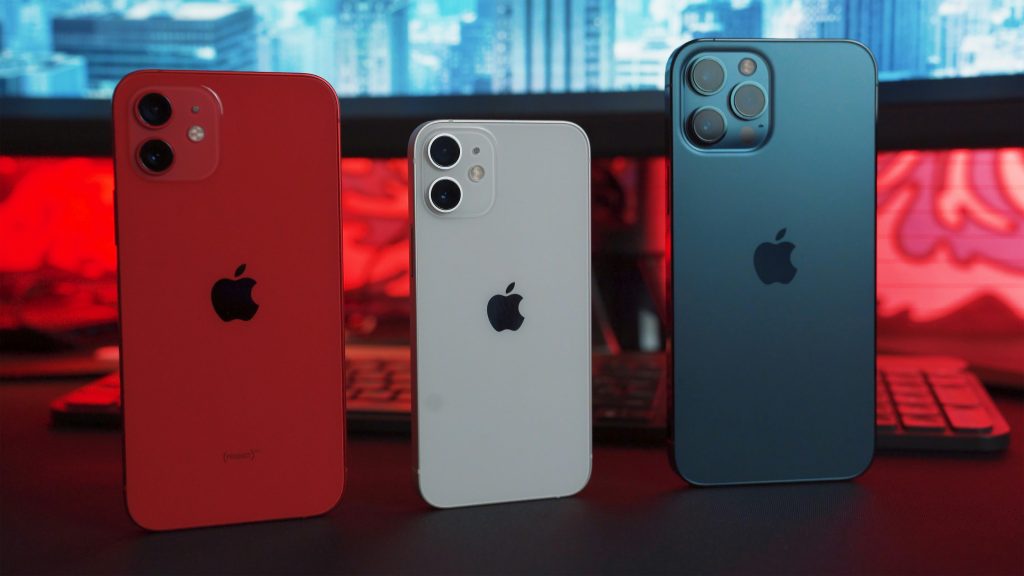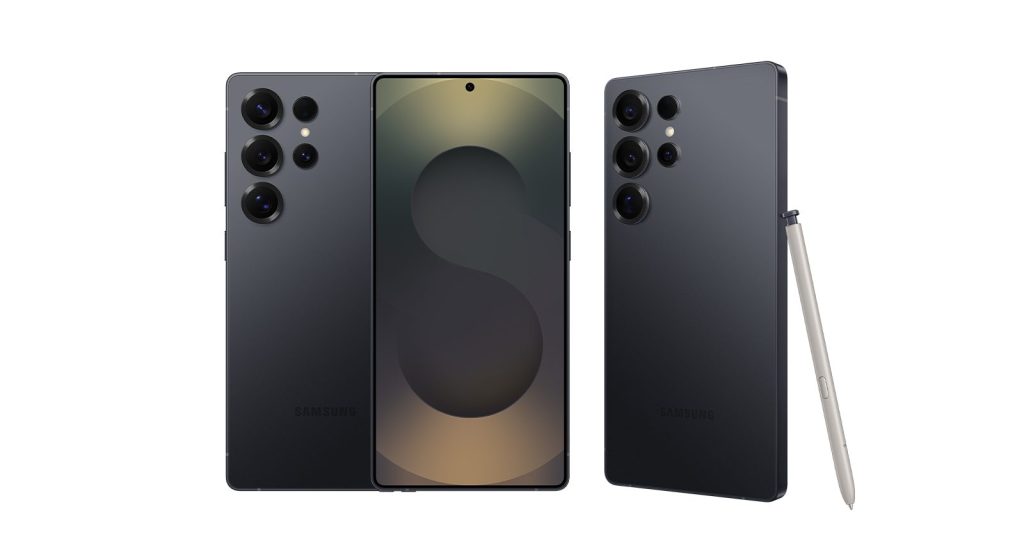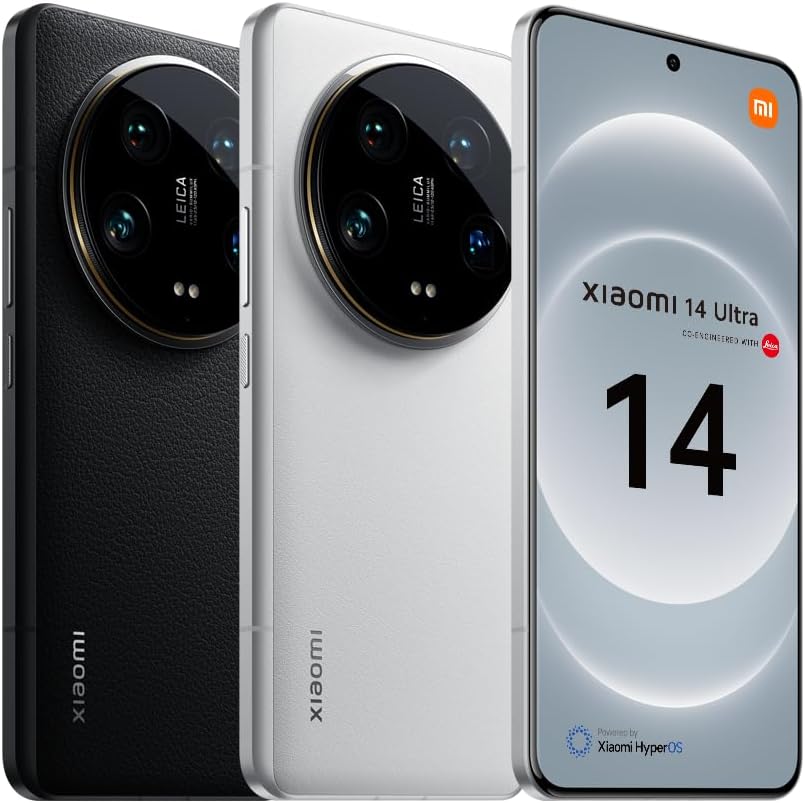1. Apple iPhone 16 Pro Max
A powerhouse for Apple fans, the iPhone 16 Pro Max offers top-tier performance, camera quality, and ecosystem integration, but its high price and lack of expandable storage may be drawbacks for some users.
The smartphone market in 2025 is more competitive than ever, with manufacturers pushing the boundaries of design, performance, and innovation. Whether you’re after the best camera phone, a powerhouse for gaming, or a budget-friendly option with premium features, there’s something for everyone this year.
In this guide, we’ve rounded up the best smartphones of 2025, comparing their standout features, performance, and overall value to help you choose the perfect device.

Credit: Unsplash
A powerhouse for Apple fans, the iPhone 16 Pro Max offers top-tier performance, camera quality, and ecosystem integration, but its high price and lack of expandable storage may be drawbacks for some users.
Apple’s iPhone 16 Pro Max builds on its flagship legacy with an A19 Bionic chip, an upgraded triple-camera system, and deeper AI-powered customisation in iOS 19. The Super Retina XDR display with ProMotion (120Hz) delivers smooth visuals, while improved battery efficiency extends all-day usage. It remains the go-to option for those invested in Apple’s ecosystem.

Apple enthusiasts and users who want a premium, all-rounder smartphone with long-term software support.
Expected to start at £1,199 for the base model.
Stunning Super Retina XDR display, powerful A19 Bionic chip, long battery life, and deep integration with Apple’s ecosystem.
High price, no expandable storage, and still limited customisation compared to Android.
The ultimate Android flagship, the S25 Ultra combines stunning visuals, camera excellence, and top-tier performance, but its high price and bulky design may not appeal to everyone.
Samsung’s Galaxy S25 Ultra is a premium flagship designed for power users, featuring a 6.9-inch Dynamic AMOLED 2X display, a 200MP main camera, and S Pen support for unmatched productivity. Powered by the Snapdragon 8 Gen 3, it delivers lightning-fast performance and One UI refinements make multitasking seamless. With long battery life and fast charging, it’s built to handle anything.

Power users, mobile photographers, and those who want a feature-packed Android flagship.
Expected to start at £1,249, increasing with storage and 5G options.
S Pen support, top-tier 200MP camera, best-in-class display, and long battery life.
Expensive, bulky design, and Samsung’s software can still feel heavy at times.
An excellent choice for Android purists and photography lovers, the Pixel 9 Pro excels in AI features and software longevity, but its chipset lags behind competitors and battery life is average.
The Pixel 9 Pro continues Google’s focus on AI-powered photography and software intelligence, with the Tensor G4 chip bringing better camera processing, real-time AI call screening, and adaptive battery life. It runs stock Android 14 with guaranteed fast updates, and the dual-camera system remains one of the best for computational photography.
Android purists, photography lovers, and those who value Google’s AI-driven features.
Expected to start at £999 for the base model.
Excellent AI-powered camera, clean Android experience, and smooth software updates directly from Google.
Slower chip compared to rivals, limited storage options, and battery life could be better.
A fantastic value flagship, the OnePlus 13 Pro offers fast charging, smooth software, and top-tier performance, but its cameras still fall short of Apple and Samsung, and long-term software support is limited.
The OnePlus 13 Pro continues to push the boundaries of affordable flagship performance, offering a Snapdragon 8 Gen 3 processor, a Hasselblad-tuned triple-camera system, and 120W ultra-fast charging. Running OxygenOS 14, it delivers a clean and fast software experience, making it an ideal choice for those who want flagship power without breaking the bank.
Users who want flagship features at a more competitive price, without unnecessary bloatware.
Expected to start at £849, making it a great value flagship.
OxygenOS is smooth and lightweight, ultra-fast 100W charging, and a sleek design.
Camera still lags behind Apple and Samsung, and long-term software support isn’t as strong.
A flagship-killer with premium specs, the Xiaomi 14 Ultra shines in camera performance and fast charging, but MIUI’s bloatware and slower software updates could be downsides for some users.
The Xiaomi 14 Ultra offers flagship-level performance at a lower price, boasting a Leica-tuned quad-camera system, a Snapdragon 8 Gen 3 processor, and 120W hyper-fast charging. Its 6.8-inch AMOLED display is crisp and vibrant, while MIUI 15 refinements improve software fluidity. It’s a great option for users who want top-tier specs without the ultra-premium price tag.

Tech enthusiasts looking for flagship power at a lower price, and mobile photographers who love Xiaomi’s camera tuning.
Expected to start at £999, undercutting many premium competitors.
Impressive Leica camera system, ultra-fast 120W charging, and a gorgeous display.
MIUI can feel bloated, software updates aren’t as frequent, and resale value isn’t as strong as competitors.
With 2025’s smartphones offering cutting-edge performance and AI-driven features, your choice depends on what matters most:
Whichever phone you choose, 2025’s top smartphones deliver impressive innovations across speed, cameras, and smart features, ensuring a device for every type of user.
Explore our in-depth reviews, guides, and news to make informed tech decisions and elevate your digital experience today!